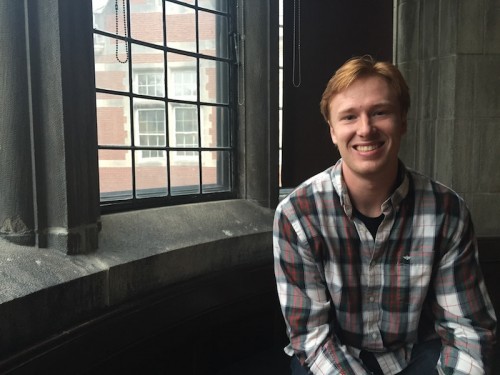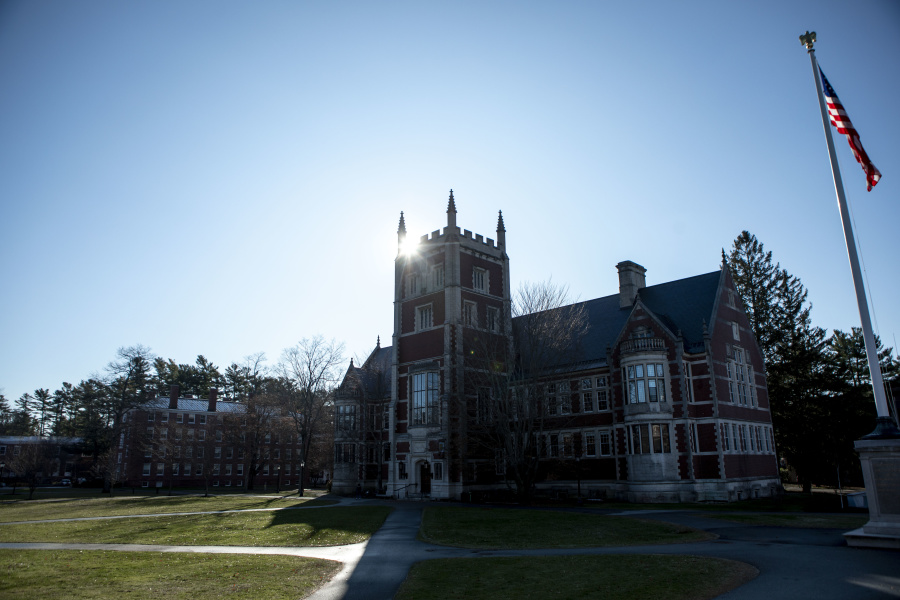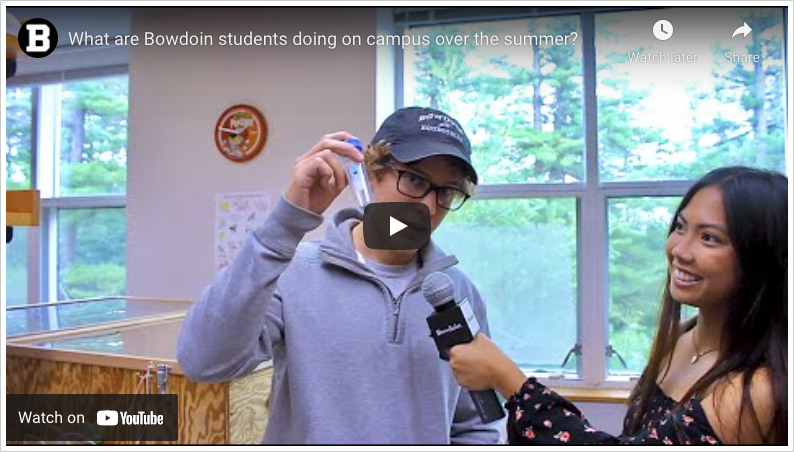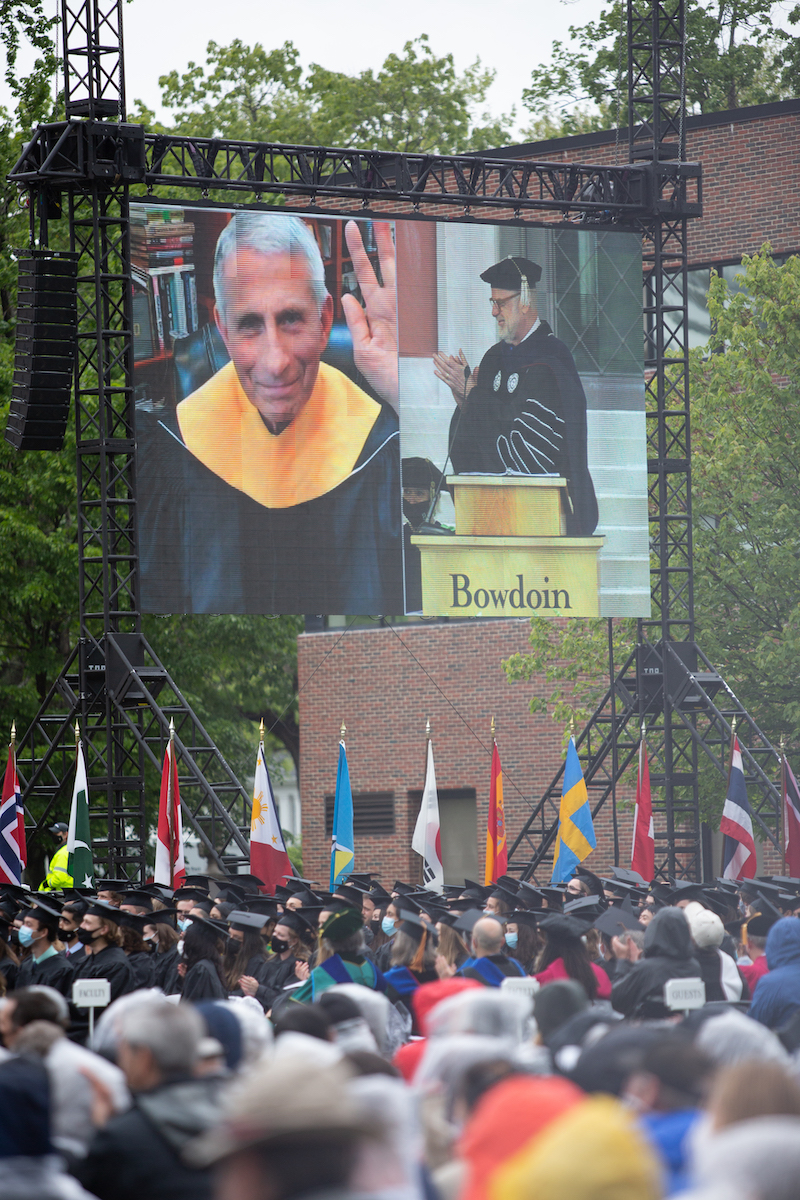Students Start 'Polar Brain Alliance' to Support the Concussed

A group of athletes at Bowdoin who have either had concussions or known someone who has been concussed has launched a new group at Bowdoin to help their peers recover from this brain injury.
Concussion can cause headaches, light and noise sensitivity, and memory loss. Treating them requires at least 48 hours of “brain rest,” Harrison Carmichael ’17 explained. Carmichael, a football player, is one of six students who are leading the new Polar Brain Alliance.
This period of rest can be excruciating for an active college student, because it demands a suspension of all screen time and most socializing, reading and writing. “You can’t do anything that is mentally taxing,” Carmichael said. People on brain rest also have to avoid busy places like dining halls and cafes. “You just sit in your room, which can be hard and isolating for people,” he added.
To support concussed students through brain rest, the Polar Brain Alliance is asking other students to support them by chatting with them quietly in their rooms and bringing them meals.
The Polar Brain Alliance is being led by Carmichael, Tom Capone ’17, Joe Lace ’17, Austin Downing ’17, Georgia Bolduc ’17, Pamela Zabala ’17, Evan Fencik ’17 and Demi Feder ’17. About 25 more students have expressed interest in being trained as “polar pals,” as the alliance is calling the peer supports.
The alliance held a training in Daggett Lounge recently with Associate Director of Health Promotion Whitney Hogan and Head Athletic Trainer Dan Davies. The aim was to teach the polar pals about concussions and the importance of rest during the healing process.
Davies said the support group should help students stick with their recovery programs. “In today’s world brain rest is tough, with smart phones, tablets, email, snapchat, and all that,” he said. “You’ve bruised your brain and you have to rest it.” If a concussed person doesn’t let his or her brain heal, symptoms could worsen or persist for a long time.
It is not only athletes who suffer concussions. Each year, students who don’t play on a Bowdoin sports team are injured by falling on the ice or through other accidents, according to Davies. Between 2009 and 2012, 217 Bowdoin students reported concussions.



